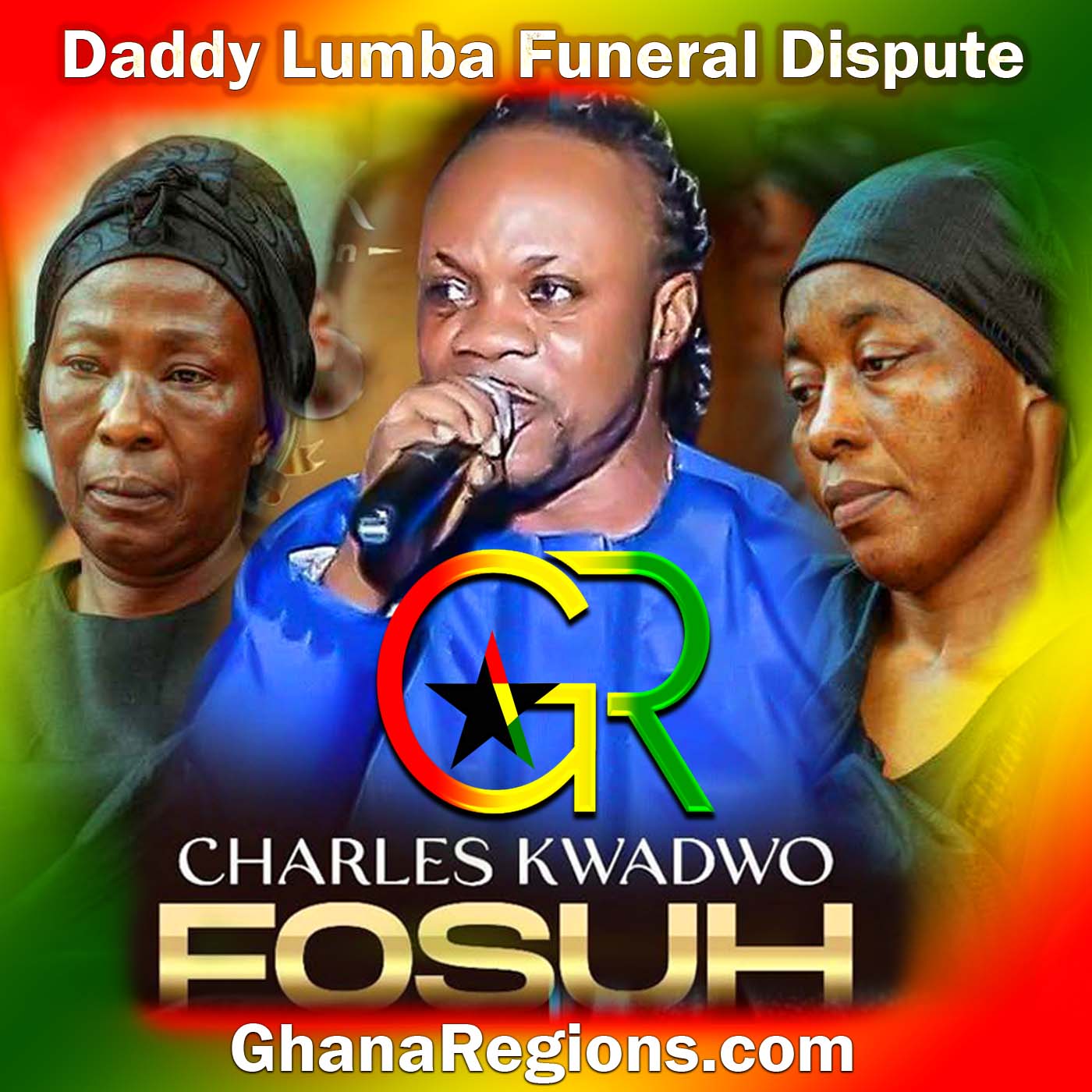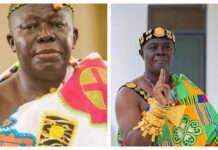
When Charles Kwadwo Fosu, the highlife legend known as Daddy Lumba, died in July 2025, Ghana entered a familiar moment of national mourning.
What followed, however, became a complex legal and cultural standoff: a wife who says she is the deceased’s legally married partner under German law has taken action in the courts to stop funeral plans organised by the extended family and traditional authorities in Kumasi, who insist Ashanti customary processes give them the right to carry out the final rites.
The dispute has touched questions of marriage law, jurisdiction, customary authority, and how diasporic legal relationships interact with deeply rooted local traditions.
What Happened — A Short Timeline
-
Daddy Lumba died on 26 July 2025 in Accra, triggering widespread tributes.
-
His extended family and traditional authorities in Kumasi announced plans for elaborate funeral rites on 6 December 2025 at Baba Yara Stadium.
-
A woman identified as Akosua Serwah Fosuh, reportedly the musician’s legally wedded wife in Germany, filed an injunction in a Ghanaian court to block the funeral, asserting her right as the legitimate spouse to oversee arrangements.
The injunction halted preparations and opened a wider legal and cultural confrontation between statutory law and Ashanti custom.
The Legal Issues — Why German Law Matters
At the centre of the dispute is the question of marital status under two different legal systems.
-
Foreign marriage vs customary recognition: A civil marriage registered in Germany carries full legal weight under that jurisdiction. Ghanaian courts often recognise such marriages when properly documented, granting the spouse legal standing in matters of burial, estate, and inheritance.
-
Jurisdiction and recognition: When a Ghanaian dies with ties abroad, courts must determine how to balance foreign civil law with local customs. In this case, the court must decide whether the German marriage certificate supersedes local recognition of any customary union.
-
Practical implications: Whoever the court recognises as the lawful spouse gains authority over the body, the funeral arrangements, and possibly the estate. The injunction is a preventive step to avoid irreversible actions before the court settles the matter.
The Customary Side — Ashanti Funeral Law and Authority
Among the Ashanti, funerals are more than personal farewells — they are social, political, and spiritual ceremonies reflecting lineage and status.
-
Extended family authority: Customary norms dictate that the deceased’s matrilineal family, elders, and sometimes stool representatives have the right to organise funeral rites. These rites symbolise lineage continuity and communal respect.
-
Customary marriage recognition: Even without civil registration, a partner recognised by the family and community can be regarded as the spouse for funeral and inheritance purposes.
-
Ritual obligations: Ashanti funerals follow strict hierarchies and procedures. Families consider it disrespectful if these are bypassed by individuals relying on foreign or statutory law.
Thus, the Ashanti family’s claim rests on ancestral practice and traditional legitimacy, clashing with the German legal spouse’s statutory rights.
How Courts Navigate Customary vs Statutory Claims
Ghana’s legal system operates within a plural framework that recognises both statutory and customary law. Courts generally:
-
Accept valid foreign marriages as proof of legal spousal rights.
-
Uphold customary rules where they do not violate national statutes or human rights.
-
Issue injunctions to preserve the status quo until full hearings determine who holds rightful authority.
In practice, courts strive to balance legal documents with cultural context — but such cases remain emotionally charged and socially delicate.
Broader Social and Legal Stakes
The Daddy Lumba case highlights deeper national themes:
-
Diaspora dualities: Many Ghanaians contract marriages abroad while maintaining customary unions at home. Deaths often expose the tension between civil documentation and traditional acceptance.
-
Cultural identity vs legal modernity: The clash underscores how Ghana’s plural legal identity can produce competing truths about who qualifies as “wife,” “family,” or “authority.”
-
Precedent and reform: The court’s eventual ruling could influence how similar cross-border and cross-cultural family disputes are settled in the future.
The funeral dispute over Daddy Lumba’s legacy is more than a family quarrel, it represents a collision between two systems of belonging. On one side stands German statutory law and the modern concept of individual marital rights; on the other, Ashanti custom rooted in kinship and ancestral duty. How Ghana’s courts reconcile these worlds will shape not only this beloved musician’s final journey but also the legal and cultural future of many families straddling continents.
Understanding The Bigamy By A Lawyer
@ghanaregions All Daddy Lumba wives, Akosua Serwaa vs Odo Broni. A lawyer takes us through BIGAMY – the offence of marrying someone while already married to another person. And why there is no chance for Odo Broni but her kids. Credit to Adom FM. #DaddyLumba #foryou #GhanaRegions #MultiDebrichGroup ♬ original sound – Ghana Regions


















































![Morocco knock out Spain on 3-0 penalties to reach FIFA World Cup 2022 quarter-final, Morocco vs Spain (0-0) (3-0) [Video]. Morocco knock out Spain on 3-0 penalties](https://ghanaregions.com/wp-content/uploads/2022/12/Watch-Morocco-vs-Spain-0-0-and-3-0-penalties-218x150.jpg)



































